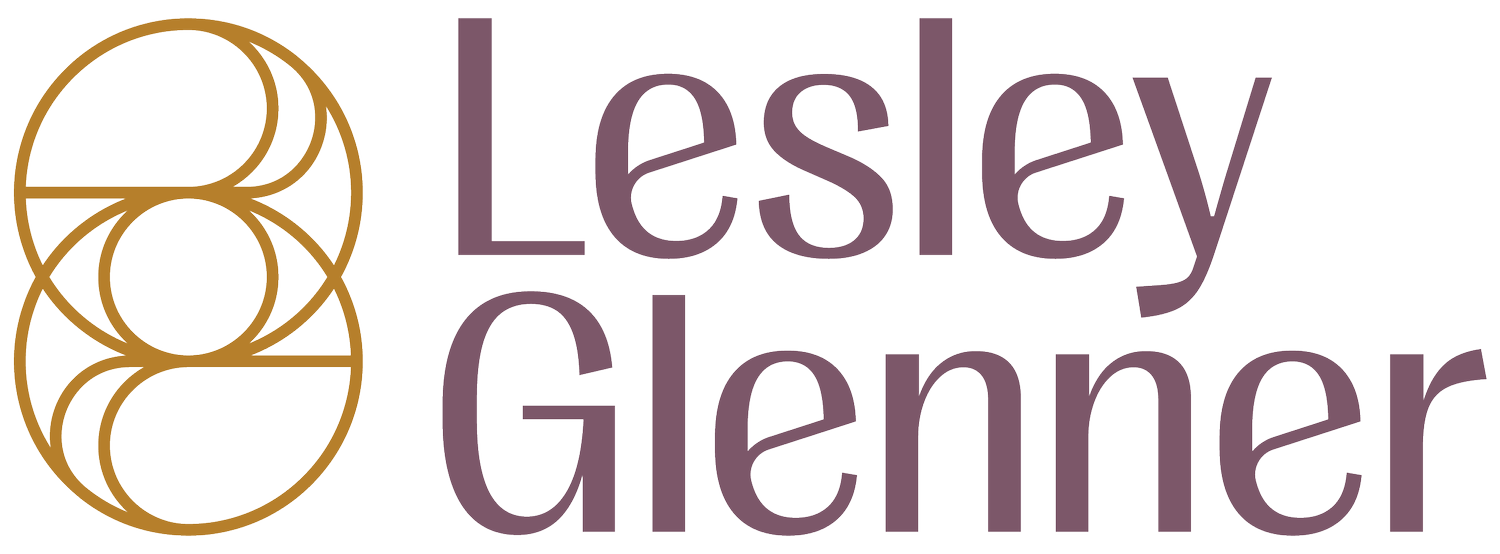Judgement vs. Discernment
Finding the truth in observations of self and partner
Sometimes it’s hard to know what to do if you catch yourself judging or being judged, especially if you consider yourself someone who is not prone to judging in the first place. If we are not careful, our judgment can wade dangerously close to contempt, which is mean-spirited and hurtful. Contempt is considered one of the “The Four Horsemen of the Apocalypse,” or primary predictors of divorce, as originally researched by Dr. John Gottman. Contempt always has elements of superiority and can look and act a lot like judgement.
The antivenom to becoming judgemental or contemptuous is to speak inarguably about YOU.
Exploring “what’s right,” “what’s wrong,” and simply “what is”
Judgement is officially defined as "the ability to make considered decisions or come to sensible conclusions," which sounds innocuous enough. However, psychologically, when we “sit in judgement” of ourselves or others, this is not healthy behavior.
This kind of judgement can be:
Toxic (causing harm to relationships).
Othering (causing unnecessary distance and isolation).
Causing feelings of inferiority.
Causing feelings of superiority.
When we’re in a judgmental state, we’re evoking characters from the drama triangle or themes from the four Apocalyptic Horsemen. We may be playing either the victim (e.g., What will they think of me?) or the villain (e.g., They shouldn’t be doing that) or potentially even evoking the rescuer role. When we’re in judgement, we may be sitting in contempt, defensiveness, criticism or stonewalling. Basically, being judgemental sets us up for unhealthy power dynamics and win/lose situations.
So when is it okay to judge? As a psychotherapist, I urge clients to start by distinguishing between what is (toxic) judgement and (healthy) discernment.
What positive discernment looks like
Discernment can be simply recognizing, “what’s not for me.” When we reflect on a situation or thing with openness, we play the role of a neutral observer rather than a judge.
Discernment points us to what won’t work for us. With healthy boundaries, we can see something that we don’t like without jumping to the conclusion that it is wrong. We can engage in an activity as we like without thinking it is the only way or the right way.
A byproduct of standing in our truth is that we feel less judgement. It takes getting real with yourself.
When our own actions are aligned with our beliefs, we also feel less judgy.
Who is really doing the judging?
In our daily lives, we may judge without even knowing it. We’re wired to “notice” status cues. When we feel bad about ourselves or what we are doing, it’s easy to judge others or judge ourselves. We can even, in the case of the child above, project the feeling of self-judgement onto another person.
The more personal work we do, the less likely we are to judge others. Judgement seems to come from a place of shame in ourselves.
Where “love and light” can go dark
Even highly-conscious parents who say they would never judge another—who advocate for everything moving toward love and light—may fall prey to this kind of thinking at times. While striving to live from a more conscious, less reactive state of mind, it’s tempting to begin to judge anyone who does not think like that.
In our materialistic society, there are also specific social cues that put others in “in” or “out” of our club. For example:
Do you sleep on an all organic mattress? Do you think everyone should?
Do you use social media in a certain way? Do you feel it is the best way?
Are you worried about what others will think about the way you parent, how much you work, or specific events that may have happened in your life?
These are all grounds for potentially toxic lines of thinking. The word “should” is generally an indicator of judgement happening.
In fact, perfectionism and attempting to do everything the "right" way can cause rampant judgmentalism. You may have noticed this in the supermarket (Which brand to choose? Is it natural/healthy/eco-friendly enough?) or at the playground (Whose child is more athletic, coordinated, or creative?). It happens. We have thousands of thoughts per day. There’s no need to judge yourself for judging. Instead, become a keen observer of your own tendencies. If you find yourself judging often or you feel your thoughts may be harming your relationships with friends and family, find opportunities to identify how and where judgement is controlling your emotional life and potentially impacting those around you.
Explore your emotions in a safe space: The Fulfilled Family Fellowship
As with many elements of human psychology, the first step to becoming less judgemental is building self-awareness. I invite you to effectively explore your thoughts, behaviors, and tendencies in a safe, therapeutic space.
If you’d like to explore these concepts further, and see how the line between judgement and discernment affects your role as a parent, please join THE FULFILLED FAMILY FELLOWSHIP, a year-long parenting program designed to help you create a stronger, healthier family life.
